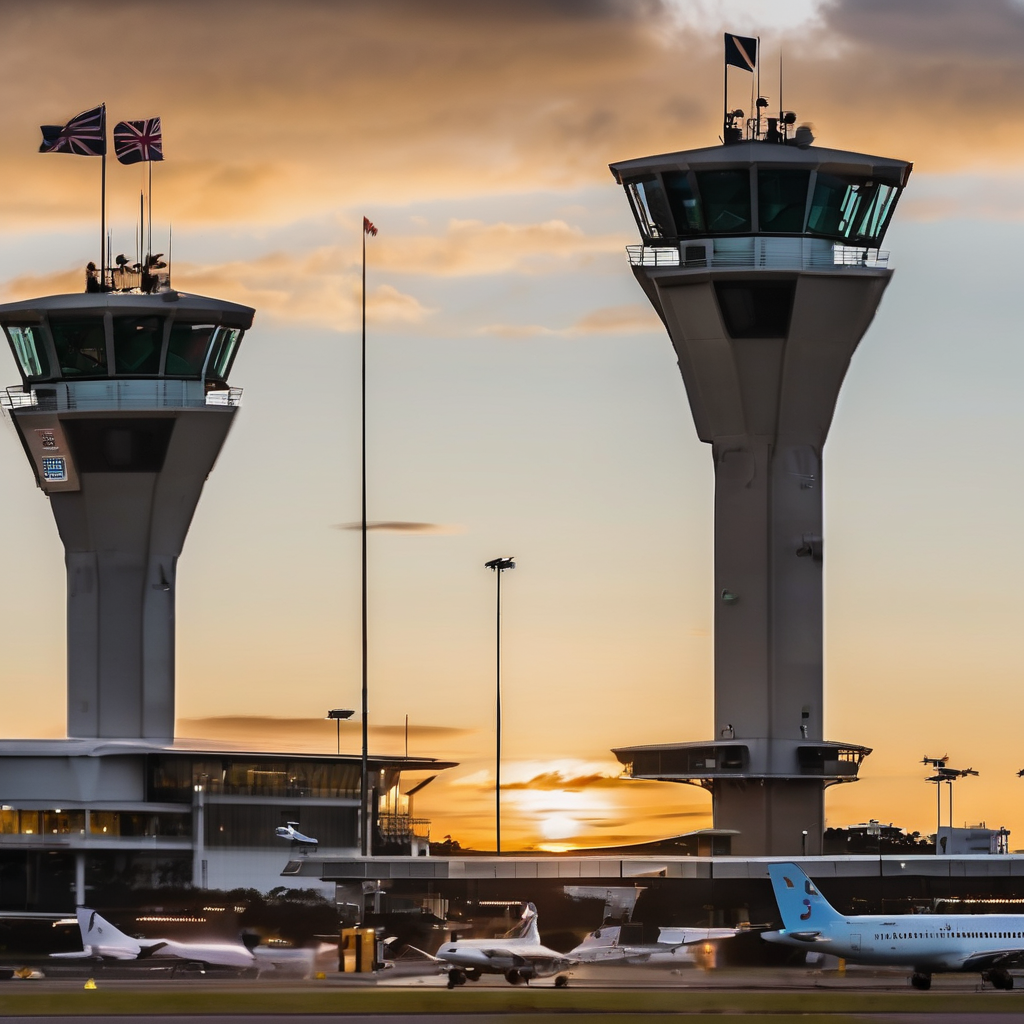The U.S. Federal Aviation Administration (FAA) is currently facing significant operational challenges, leading to delays at major airports including Ronald Reagan Washington National Airport and Dallas Fort Worth International Airport. As the government shutdown enters its 30th day, staffing shortages among air traffic controllers are becoming increasingly critical, resulting in average flight delays of 91 minutes at Reagan and 21 minutes at Dallas. Furthermore, Orlando International Airport is expected to experience similar disruptions due to these staffing issues.
The FAA has noted that over the course of the shutdown, tens of thousands of flights have been disrupted, highlighting the serious implications of ongoing staffing outages. Earlier this week, a ground stop was instituted at Reagan Airport specifically related to air traffic controller staffing concerns.
Despite the delays primarily attributed to staffing shortages, bad weather is also contributing to aviation disruptions, especially in the northeastern United States. Reports indicate that more than 13,000 air traffic controllers and 50,000 Transportation Security Administration (TSA) officers are currently working without pay, intensifying the stress and uncertainty experienced by these critical personnel. Transportation Secretary Sean Duffy revealed that air traffic controller absences caused 44% of delays last Sunday and 24% on Monday, compared to an average of just 5% before the shutdown began.
The FAA is facing a shortfall of approximately 3,500 air traffic controllers, a staffing deficit that has persisted for over a decade. Many controllers have been compelled to work extended hours and mandatory overtime even prior to the shutdown, amplifying the existing strain on the system.
The gravity of the ongoing situation has drawn parallels to past government shutdowns, such as the lengthy one in 2019, which similarly caused widespread delays and disruptions due to a lack of staffed personnel in air traffic control and TSA operations. Industry leaders and workers alike are rallying for resolution, as the uncertainty surrounding employment and financial stability weighs heavily on those involved in air travel operations.
The current challenges underscore not only the importance of robust staffing levels for maintaining safety and efficiency in the aviation sector but also the resilience and dedication of air traffic controllers and airport officials in ensuring the safety of air travel during such uncertain times. It is hoped that as discussions for a budget agreement progress, these professionals can return to normal working conditions, leading to a smoother experience for travelers and restoring confidence in air travel.
